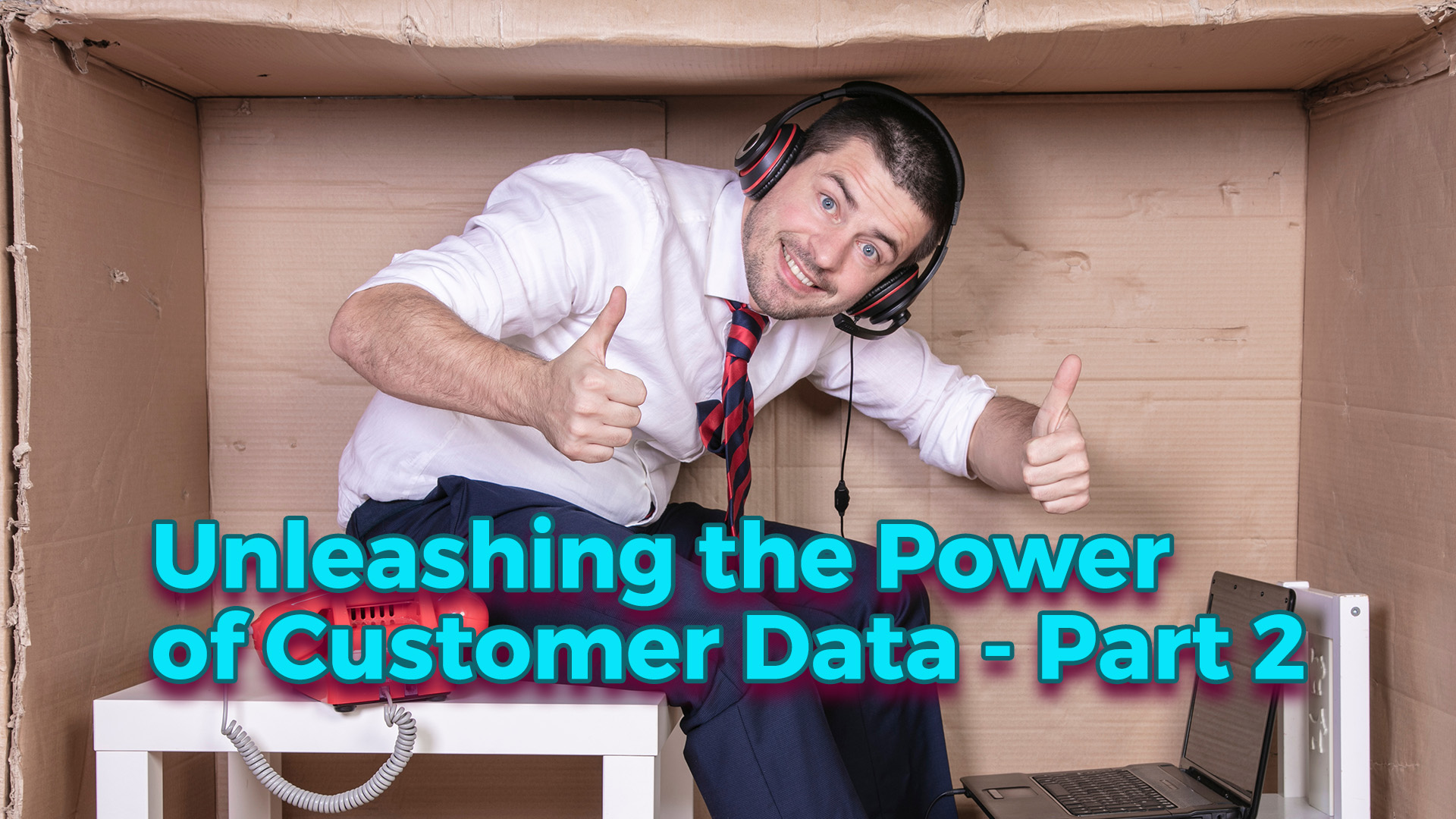Customers are the greatest asset for any organisation. But, historically, they have not been given a great deal of significance, particularly when it comes to the safeguarding their information. The truth is, client records were strewn all over the place such as in email inboxes, accounts software, phone contacts lists, and even printed sales invoices. Fortunately, with the development of technologies and the acknowledgment of customer’s data value to a corporation's growth, companies now manage all their client data in a customer relationship management (CRM) system.
Today we are going to look at two of the more popular systems Microsoft Dynamics CRM compared to Hubspot CRM.
Outline
Dynamics 365 CRM is a cloud-based solution that empower companies to enhance operations, improve sales, and monitor leads, and so on. Its structure of apps operates as an integral system or individually. Like various other CRM applications, it can be integrated with different MS software such as Word, OneNote, SharePoint, and of course Outlook. Additionally, it makes it possible for teams to collaborate in MS Yammer and share projects and meetings.
HubSpot is a free CRM software suite, perfect for small to medium sized businesses. It's got a simple-to-use user interface and integrates perfectly with other HubSpot solutions. Additionally, it is a certified, premier Google partner and isn't as perplexing as the majority of other CRM systems. Most significantly, HubSpot enables you to generate remarkable company pages and contact profiles and manage every detail of your clients' information.
Features for Microsoft Dynamics 365 compared to Hubspot CRM
So, let's burrow down into the feature list of both options and evaluate their goals and capability, not forgetting their effectiveness to your organisation. Remember, while both have countless features, you must have the system which has the features that accommodate your company's distinctive requirements.
MS Dynamics 365 CRM has 4 primary features: Sales module, Marketing, Customer Service, and Project Service Automation
D365 Sales
Sales permits the complete view of the communications you have with your customers. Additionally, it is effective in making certain that you can easily predict your potential interactions with them.
D365 Customer Service
This can help you to ensure that you are reacting to your client's grievances, warranty claims, product returns, and other inquiries.
D365 Marketing
Marketing allows your company to generate methods to maintain your customers, for example lead nurture campaigns, and draws new prospects to your organisation.
D365 Project Service Automation
This module gives support in time submission, resource planning, and expense entry.
HubSpot has 3 components. Marketing Hub, Sales Hub, and Service Hub
Marketing Hub
This module features marketing automation, deep data analytics, lead generation and management, blogging platform, email marketing, social media management, website page management, landing page development, SEO management, and Ad Management.
Sales Hub
Properties comprise of document flow monitoring, sales automation, call queuing, reporting, email management, live chat, meet booking, and sales automation.
Service Hub
This component supplies insight into client relationships, feature needs, and service concerns that operates effortlessly with other HubSpot features.
HubSpot has the capacity to store up to 1 million company and contact records. Furthermore, it enables your business to monitor emails with the choice for a tailored or automated email campaign. HubSpot also informs you when a lead opens an email, downloads a file, or clicks on a link.
Pricing
Pricing is an essential factor when selecting a CRM system
Dynamics 365
MS don't provide a free trial. Individuals must subscribe to explore its services, that are offered in several pricing plans:
- The Dynamics 365 Plan
- Unified Operations Plan
- Customer Engagement Plan
For special solutions and promotions, you must purchase them at a per user/per month extra costs.
HubSpot
Conversely, Hubspot is a freemium system. Meaning its primary CRM features are totally free. Should you want a paid account with premium attributes, you can select from several subscription options: including Starter, Professional, and Enterprise level suites from £42 / mth.
Integrations
Dynamics 365
The MS solution integrates with most Microsoft products including Outlook, SharePoint, Excel, Yammer, Word, and OneDrive.
HubSpot
This offering includes a unique hub called the ‘HubSpot Connect’ containing a massive range of integrations. including...
- Advertising Integrations | Facebook Ads, AdRoll, Instapage
- Account-Based Marketing (ABM) Integrations | OrgChartHub, CaliberMind, Metadata
- Analytics and Data Integrations | Databox, Hotjar, Klipfolio
- Calling Integrations | UberConference, Aircall, CallRail
- Connector Integrations | Automate.io, Zapier, PieSync
- Content Integrations | Beacon, briX, Belch.io
- Customer Success Integrations | Slack, Zendesk, LiveChat
- Ecommerce Integrations | Shopify, Typeform, Magento
- Email Integrations | MailChimp, Privy, Front
- Event and Webinar Integrations | Eventbrite, GoToWebinar, Setmore
- Lead Generation Integrations | WordPress, Unbounce, SurveyMonkey
- Live Chat Integrations | Intercom, ManyChat, Drift
- Sales Integrations | HelloSign, Salesforce, PandaDoc
- Social Media Integrations | Facebook, LinkedIn, Twitter
- Video Integrations| Wistia, YouTube, Promo
Check out yourself to see whether HubSpot Connect contains most important integrations.
Which is superior?
I would say that each software solution is adept and offers significant beneficial tools intrinsic to any CRM system. Therefore, rather than asking, which is superior, it's more useful to ask which one is best for YOUR business requirements.





